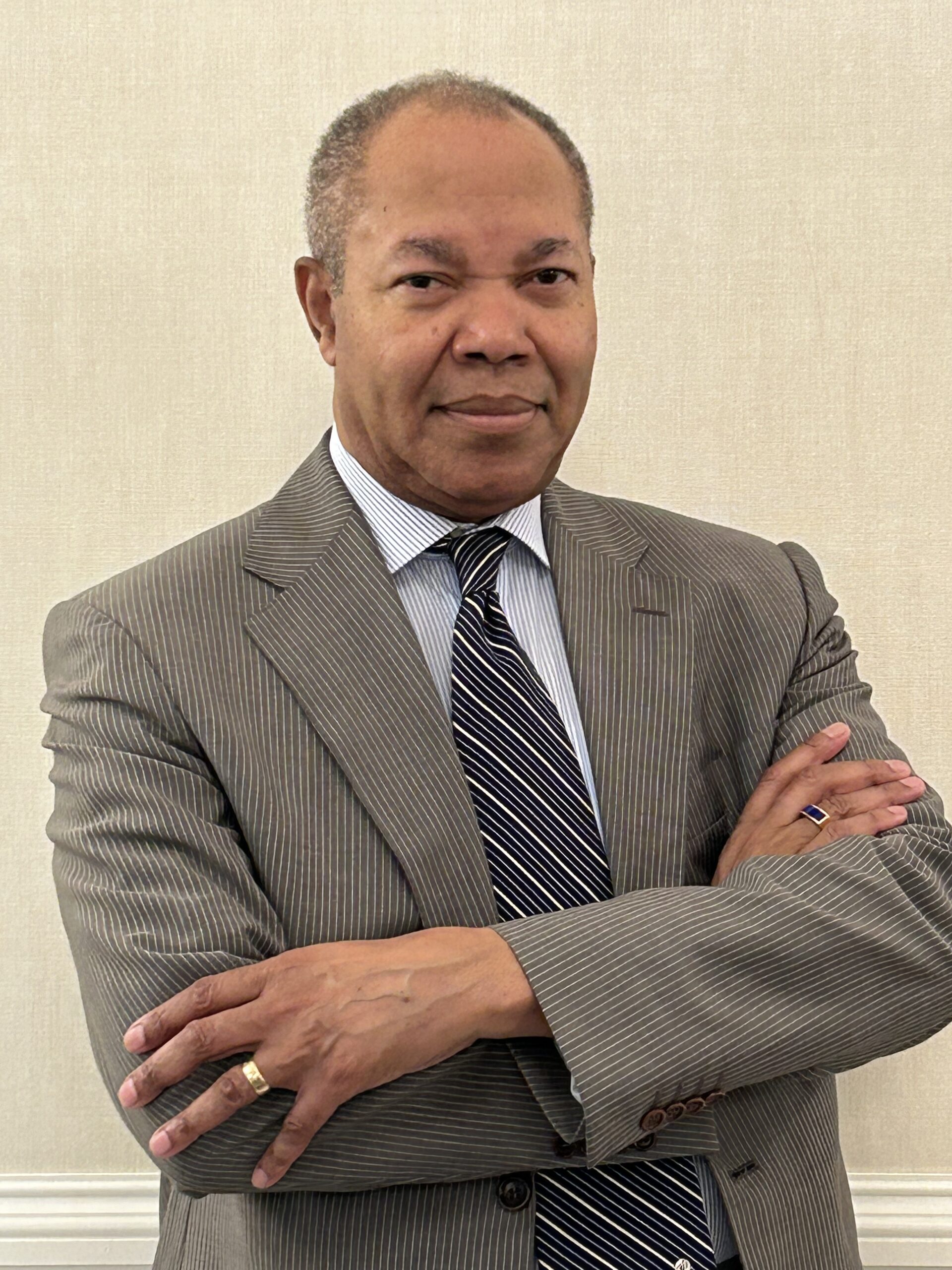![]()
Before workplace conflict escalates to the point where morale or productivity is affected, or a valued employee is lost, an organization can help itself, and its workers, by assessing the need for conflict resolution training and the need for a conflict resolution practitioner.
Effective interventions to manage workplace conflict begin with an assessment of the complex, dynamic systems that typically underlie human group interactions in organizations. Other elements are:
- Investigation which includes discussions with employees about their perceptions of conflict
- identifying relevant beliefs, perceptions and assumptions; and
- introducing employees and management to constructive ways of understanding and resolving conflict.
After assessing relevant events, organizational dynamics, and dominant patterns of behaviour and communication, a plan can be developed to assist employees and managers.
Everyone can learn helpful skills and strategies for the workplace:
- listening skills
- framing discussions about disputes to focus on the problem, not individuals;
- shifting focus from the past to a vision of a better future;
- understanding of the value of relationship building in the workplace; and
- engaging in open and transparent communication with accountability.
One of the key “take-aways” I have learned in my mediation practice is:
No matter how “stuck” employees may feel in the past of workplace conflict at the beginning of an intervention, the application of basic conflict resolution skills can open eyes and ears to shape new relations.
One of the most quoted thinkers in the field of workplace conflict management is psychologist Kenneth Kaye. Here is one of his gems that I particularly like: “If we manage conflict constructively, we harness its energy for creativity and development.”

Author: William Cornet. William is a Chartered Mediator and holds several academic degrees including a Master of Arts (Intercultural Mediation) from Sherbrooke University and a Master of Laws (Alternative Dispute Resolution) from Osgoode Hall Law School, York University, Toronto.
